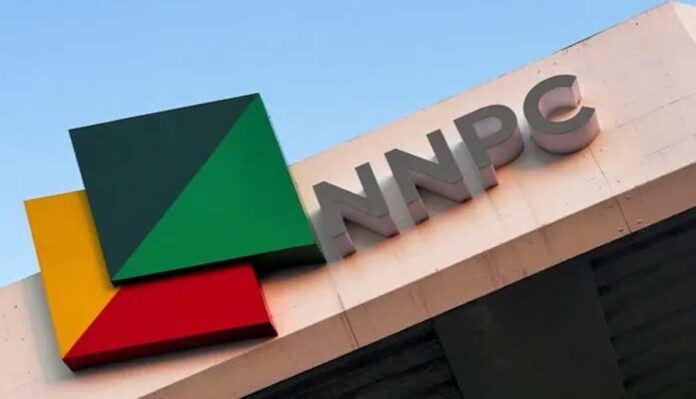By Adeyemi Adegbola
In the global oil economy, few stories shine brighter than Norway’s. The Scandinavian nation transformed its petroleum riches into enduring prosperity through a disciplined, transparent, and politically insulated model. At the heart of this success was Statoil, now Equinor, a commercially run national oil company that operated with strategic autonomy while the state focused on policy and oversight.
Nigeria, with its vast hydrocarbon wealth, stands at a similar crossroads. But instead of empowering NNPC Limited to become our own Statoil, some quarters are advocating a move that could further entangle it in bureaucratic confusion: transferring the concessionaire role to the Nigerian Upstream Petroleum Regulatory Commission (NUPRC).
This proposal is not just misguided, it’s dangerous.
Since its incorporation under the Petroleum Industry Act (PIA), NNPC Limited has begun the long-overdue journey from a state-run agency to a commercially viable entity. The goal is clear: to operate like a real company, attract investment, compete globally, and deliver value to Nigerians. But this transformation requires clarity of purpose, operational independence, and a firewall against political interference.
Stripping NNPC Limited of its concessionaire role—the authority to hold and manage petroleum licenses on behalf of the federation, would undermine its evolution. It would muddle the waters of corporate governance, blur lines of accountability, and risk turning NUPRC into both referee and player in the upstream sector.
Norway’s model worked because of clear institutional boundaries. Statoil handled exploration and production. The Ministry of Petroleum and Energy set policy. The central bank managed the sovereign wealth fund. Each entity had its lane and stayed in it.
Nigeria must learn from this. NUPRC’s role is regulatory. It should monitor compliance, enforce standards, and ensure transparency. Giving it the concessionaire role risks regulatory capture and conflicts of interest. It’s akin to asking the referee to also play striker.
Let’s be honest- 80% of NNPC’s historical dysfunction stems from politics, not structure. From opaque appointments to budgetary distortions and policy flip-flops, the company has been a victim of state overreach. The solution is not to weaken NNPC Limited further but to shield it from political meddling and let it operate like a business.
Empowering NNPC Limited as the sole concessionaire, with strong oversight from the Ministry of Finance and the Presidency, would create a clear line of accountability. It would also allow the company to build strategic partnerships, raise capital, and deliver returns, just as Statoil did.
To ensure transparency and good governance, NNPC Limited must embrace global best practices in corporate reporting and public accountability. This includes publishing audited financial statements, disclosing beneficial ownership structures, and making contract terms and revenue flows publicly accessible. Nigeria is a member of the Extractive Industries Transparency Initiative (EITI), and NNPC Limited should not merely comply but lead by example, setting a new standard for openness in Africa’s energy sector. Transparency is not a luxury, it is the bedrock of credibility.
Furthermore, NNPC Limited must be governed by an independent, merit-based board with clear performance metrics tied to profitability, efficiency, and environmental stewardship. Internal audit systems should be strengthened, and whistleblower protections enforced to encourage accountability from within. These reforms will not only insulate the company from political interference but also position it as a globally respected energy player, one that can attract investment, drive innovation, and deliver long-term value to Nigerians.
Nigeria doesn’t need more agencies. It needs stronger institutions. The federal government must resist the temptation to dilute NNPC Limited’s mandate. Instead, it should reaffirm NNPC Limited’s role as concessionaire; strengthen NUPRC’s regulatory independence; insulate both entities from political interference; and hold NNPC Limited accountable through transparent performance metrics.
Let NNPC Limited breathe. Let it become Nigeria’s Statoil. And let us finally turn our oil wealth into a legacy of prosperity, not another chapter of missed opportunities.
Adegbola, an Energy Insurance Expert, writes from Ife.

